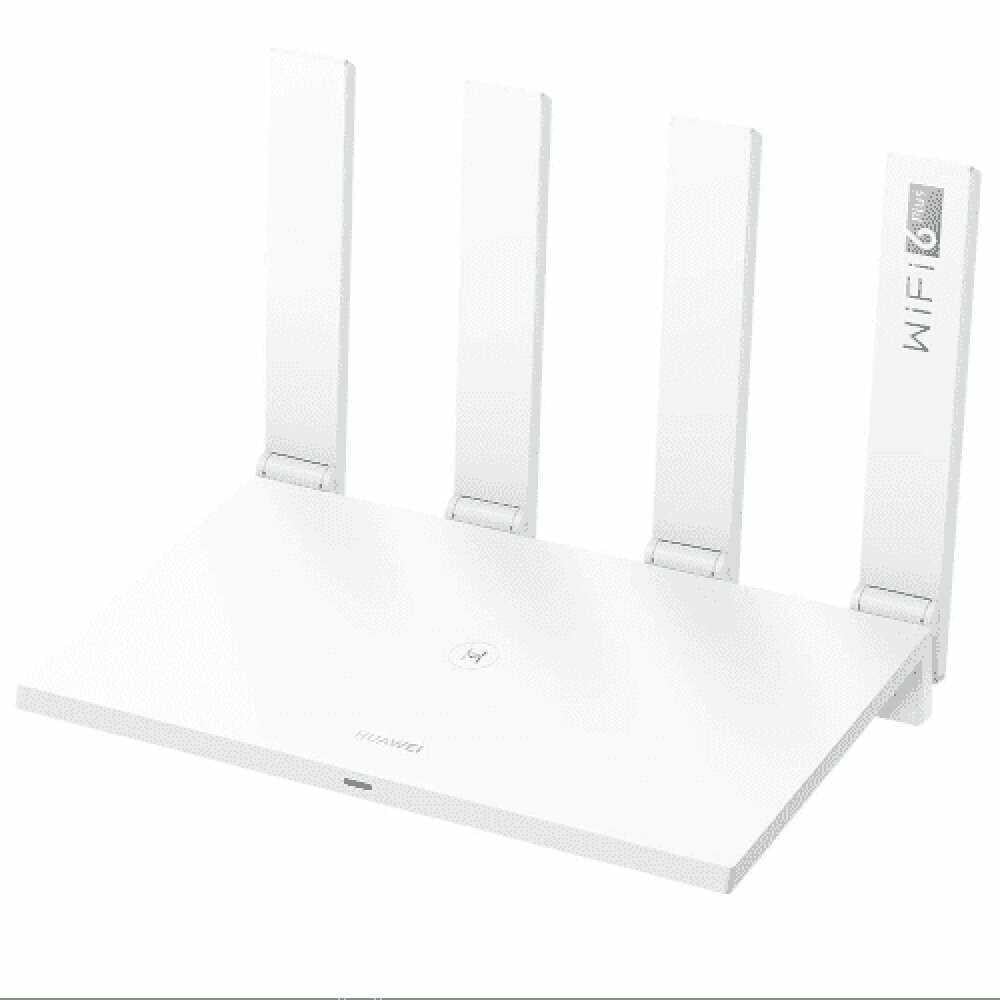In the age of modern technology, internet connectivity is an essential part of our daily lives, whether at home or at work. With the increasing use of smart devices and internet-connected devices, it has become necessary to provide a strong and stable internet network. Routers and Wi-Fi Extenders are essential tools that help achieve this goal. In this article, we will provide a comprehensive overview of routers and network extenders, how to choose the most suitable one, as well as tips for improving network performance in homes and businesses.
What is a router?
A router is a device that connects your local network to the Internet, directing data between devices connected to the network, whether these devices are computers, smartphones, or Internet of Things devices. The router acts as a bridge connecting the internal network to the external network (the Internet) and directs data based on IP addresses.
Types of routers
1. Wired router : This type of router relies on cables to connect devices to the Internet. It is characterized by high connection speed and stable performance, and is ideal for places that need a reliable connection such as offices and companies.
2. Wireless Router (Wi-Fi Router) : This type uses wireless communication technology (Wi-Fi) to connect devices to the network. It is easy to install and use, and is a popular choice for home use.
3. Integrated router with modem : This device combines the functions of a router and a modem in one device, saving space and making the setup process easier.
What is a network booster?
A network booster, also known as a signal repeater or range extender, is a device used to extend the range of an existing wireless network. It is placed in an area where there is a weak Wi-Fi signal, and rebroadcasts it to boost the signal in areas with weak connectivity.
Types of network boosters
1. Traditional Wi-Fi Extender : It receives the wireless signal from the main router, then rebroadcasts it to cover wider areas. This type is suitable for homes with multiple floors or large spaces.
2. Mesh Network System : It consists of several units placed in different places in the house to form an integrated network that covers all areas efficiently. This system is characterized by ease of expansion and stability in performance.
How to choose the right router
Choosing a router depends on several factors, including:
1. Internet speed : You should choose a router that supports the speeds provided by your service provider. For example, if you have a high internet speed, make sure the router supports technologies such as AC or AX (Wi-Fi 6) to get the maximum speed.
2. Coverage : The size of the router depends on the size of your home or office. If you have a large area, you may need a router with high signal strength or use a mesh network system.
3. Number of connected devices : In homes or offices with a large number of connected devices, it is preferable to choose a router that supports multiple connections and offers strong data management performance.
4. Security : It is important to choose a router that has advanced security features such as WPA3 encryption and a built-in firewall to protect the network from cyber attacks.
How to choose the right network booster
When choosing a network booster, the following should be considered:
1. Compatibility with your current router : Make sure the network extender is compatible with the router you are using to avoid connection issues.
2. Coverage Range : Choose a network booster that covers the area where the signal is weak. You can also use smartphone apps to check the signal strength in different parts of the house.
3. Ease of setup : Some network boosters come with dedicated apps that help in the setup and monitoring process easily.
4. Dual Band Technology : It is preferable to choose a booster that supports dual band technology (2.4GHz and 5GHz) to avoid interference and improve performance.
Best router products in Saudi market
The Saudi market offers a variety of routers that meet the different needs of users, whether for home or office use. Here is a look at the best products currently available:
1. Huawei B530 Router: This device is one of the most powerful devices available in the Saudi market, as it comes with powerful specifications that include an Ethernet port and support for dual-band that provides wireless transmission speeds of up to 867 Mbps. The device can support up to 64 users at the same time, making it suitable for large families or use in small offices. In addition, it features a SIM card port that supports 4G networks, making it an ideal choice for areas where there is no stable internet connection. As for security, it supports WPA2-PSK technologies, ensuring high network protection.
2. Huawei Cute S Pro Router: If you are looking for a portable device that offers a strong connection and is easy to use, this router is the perfect choice. It features a wireless transmission speed of up to 300 Mbps, and supports up to 32 users at the same time. Thanks to its small size and portable design, this router is ideal for use on the go, with a coverage of up to 20 meters. Additionally, the device supports WPA security and provides a USB port for easy connection, with a two-year warranty from the manufacturer.
3. TP-Link Wireless Router WR840: This router is one of the best options for users looking for an economical and efficient device. It supports 2.4GHz technology and provides speeds of up to 300 Mbps, making it suitable for browsing the Internet and using basic applications. It features easy setup and a simple user interface, making it an excellent choice for students or small homes.
4. Huawei Prime B535 4G Router: This device comes with an elegant design and specifications that meet the needs of users looking for a multi-purpose device. It supports download speeds of up to 300 Mbps, with the ability to use Wi-Fi on two frequencies, 2.4 GHz and 5 GHz, allowing for a strong and fast connection for up to 64 users at the same time. One of its most important features is the "Huawei HiLink" application, which facilitates the process of controlling the router via a smartphone or tablet, making it a convenient option for users who want to manage their network easily.
These products are considered among the best options available in the Saudi market, as they combine high performance and advanced features, meeting the diverse needs of users.
Tips to improve network performance
1. Place the router in a central location : To ensure even signal distribution, it is preferable to place the router in a central location inside the home or office, away from metal obstacles and electrical devices.
2. Update Firmware : Make sure to update the firmware of your router and network extender regularly to ensure you get the latest security and performance improvements.
3. Use strong passwords : To protect your network from intrusion, use complex, non-repeated passwords, and avoid using personal information.
4. Reduce interference : Avoid placing the router near devices that may cause interference, such as microwaves and Bluetooth devices.
5. Prioritization : Some routers offer a Quality of Service (QoS) prioritization feature, which allows bandwidth to be allocated to the most important devices and applications, such as gaming applications or video calls.
conclusion
A router and network extender are essential tools to improve your home and business internet experience. By choosing the right device and using it correctly, you can boost your wireless network performance and provide fast and stable internet connection for all devices. Always remember that investing in a good internet network will positively impact your productivity and digital experience.
In this article, we have comprehensively reviewed everything related to routers and network extenders, in terms of types, selection, and best practices for improving performance. If you are looking to improve your internet connection experience, following these tips and choosing the right devices will help you achieve that.

